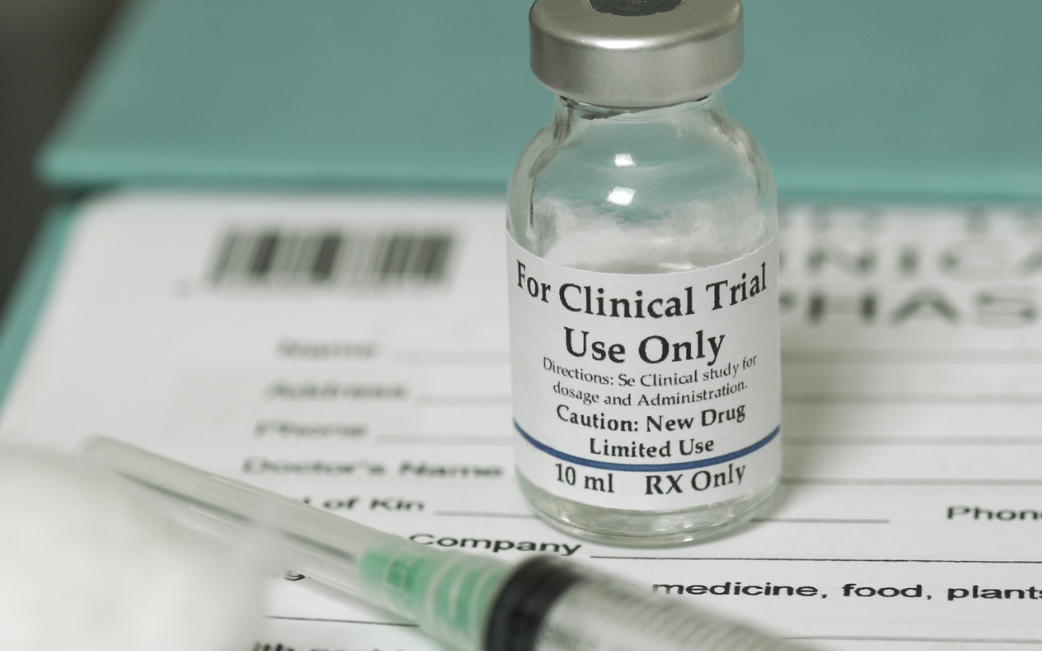In a recent piece from Psychology Today, tardive dyskinesia (TD) is brought into sharper public awareness as both a prevalent and often underdiagnosed condition linked to antipsychotic use. The article explores the need for more consistent screening practices and highlights how AI-powered tools, like Videra Health’s TDScreen, are improving early detection and access to care. It also stresses the physical, emotional, and social burden TD places on individuals, and how timely intervention can significantly reduce its impact. With advanced screening technology and FDA-approved treatments, the future of TD care is shifting from reactive to proactive. Read the full article here.
Transforming Clinical Trials: The Power of Multi-Modal AI Assessment
As pharmaceutical companies seek to develop new treatments for behavioral health and movement disorders, traditional trial designs often struggle to capture the full spectrum of patient experiences and treatment effects. The challenge isn’t just gathering more data – it’s gathering the right data at the right time.
Through our work supporting clinical trials, we’ve found that combining multiple modes of AI analysis – video, voice, and text – provides a more comprehensive understanding of treatment response. This integrated approach allows research teams to:
- Track subtle changes in movement patterns that may indicate treatment effects
- Analyze speech patterns for cognitive and emotional indicators
- Monitor facial expressions for signs of distress or improvement
- Capture patient-reported experiences in their own words
- Document symptoms consistently between site visits
This comprehensive approach benefits multiple stakeholders:
For Research Teams:
- More frequent assessment points without increasing site burden
- Earlier detection of safety signals
- Objective measurement of subjective experiences
- Improved protocol compliance monitoring
For Patients:
- More natural assessment experience
- Fewer in-person visits required
- Ability to report symptoms in real-time
- Multiple channels for sharing their experience
For Sponsors:
- Richer data for efficacy analysis
- Better engagement and retention
- More complete safety monitoring
- Potential for novel endpoints
As we look to the future of CNS drug development, moving beyond traditional endpoints isn’t just about technology – it’s about better understanding the patient journey. Multi-modal AI assessment helps bridge the gap between periodic site visits, providing a more complete picture of treatment impact.

